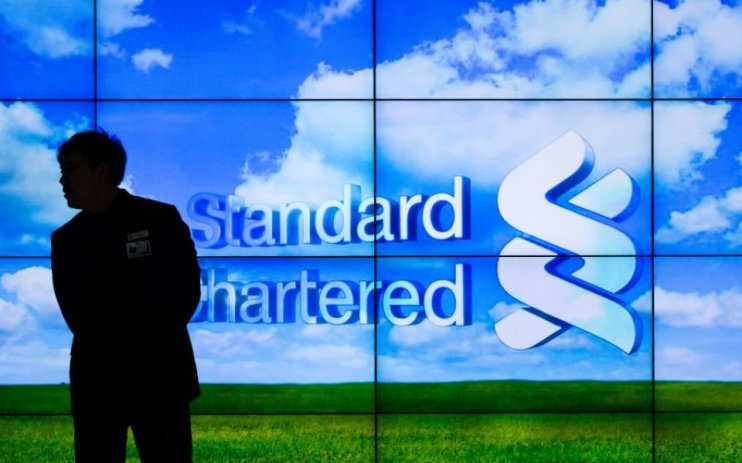What now for Standard Chartered, and why is the bank still a takeover target?

Standard Chartered found itself the target of takeover talks last week, after Bloomberg reported that First Abu Dhabi Bank was ready to make an offer once the cooling off period from its last offer, which had been just weeks earlier in January, had passed.
The rumours were quickly quashed by First Abu Dhabi Bank (FAB), but Standard Chartered shares are still hovering around five per cent higher, which would suggest investors are apparently still betting on a potential new owner of the 53-year old financial institution.
In a note, Investec’s Ian Gordon was quick to point out: “Haven’t we been here before? The shares jumped…in response to a not entirely new set of media headlines”.
We have been here before, a few times. Over the past few years Standard Chartered has found itself being wooed by a wide range of different financial institutions, including JP Morgan, Santander and Barclays.
Although it is headquartered in London, Standard Chartered operates in 59 markets across the world, with a focus on Asia.
Its sprawling footprint makes it an attractive target due to its ready access to fast growing markets, particularly China.
But different buyers have different motives. Edmond Christou, senior equity analyst at Bloomberg Intelligence, said: “FAB and other large Gulf lenders will always be interested in potential large M&A deals that bring diversity to their growing domestic risk concentration and give them access to a wider liquidity and revenue pool.”
First Abu Dhabi Bank wouldn’t be the first major middle eastern lender or fund to take a stake in a Western bank. The Saudi National Bank took a 9.9 per cent stake in Credit Suisse last year and the Qatar Investment Authority holds a more than five per cent stake in Barclays, making it one of the bank’s largest shareholders.
All potential buyers are envious of Standard Chartered’s Asian coverage. Last year the bank recorded £3.1bn in pre-tax profit in the region – a figure that analysts expect will only increase as the region grows.
On a more basic level, Standard Chartered is fairly cheap. Its price to book value is 0.51, although its share price may receive a bump after it releases its quarterly earnings figures on Thursday.
Analysts are expecting it to report a pre-tax profit of £760m, meaning its full year figures will be 26 per cent ahead of last year. This may only serve to bolster takeover talk.
The bank itself, however, has sought to distance itself from any takeover rumours.
Speaking at Davos a few weeks ago, CEO Bill Winters said the bank was not interested in a deal. “This is not something we’ve either engaged with or been interested in,” he said.
“The thing with Standard Chartered is we are doing very well all by ourselves. Everything is on track for us.”
Gordon said any deal would be extremely difficult to conclude, suggesting “‘deal complexity’ will represent a material obstacle to any takeover of STAN’s disparate businesses across 59 markets.”
Standard Chartered declined to comment.